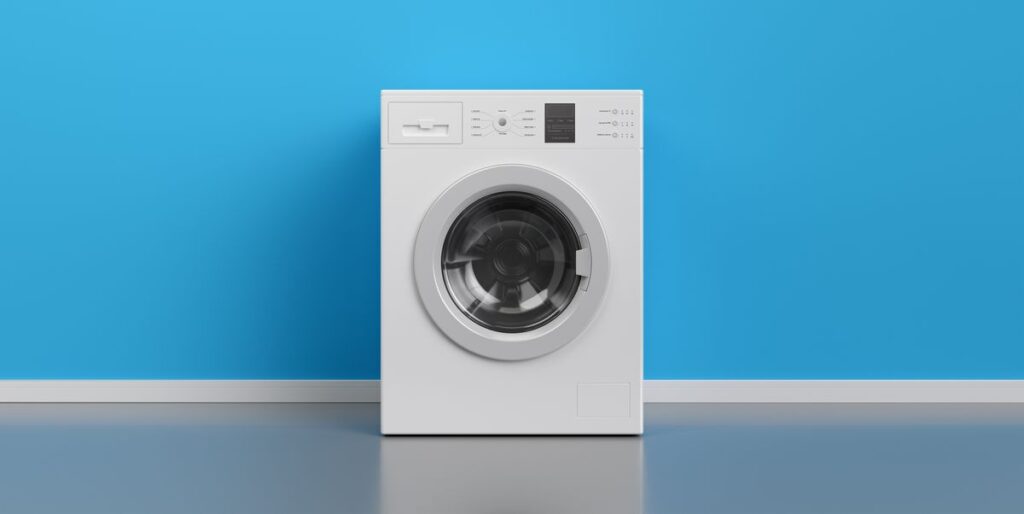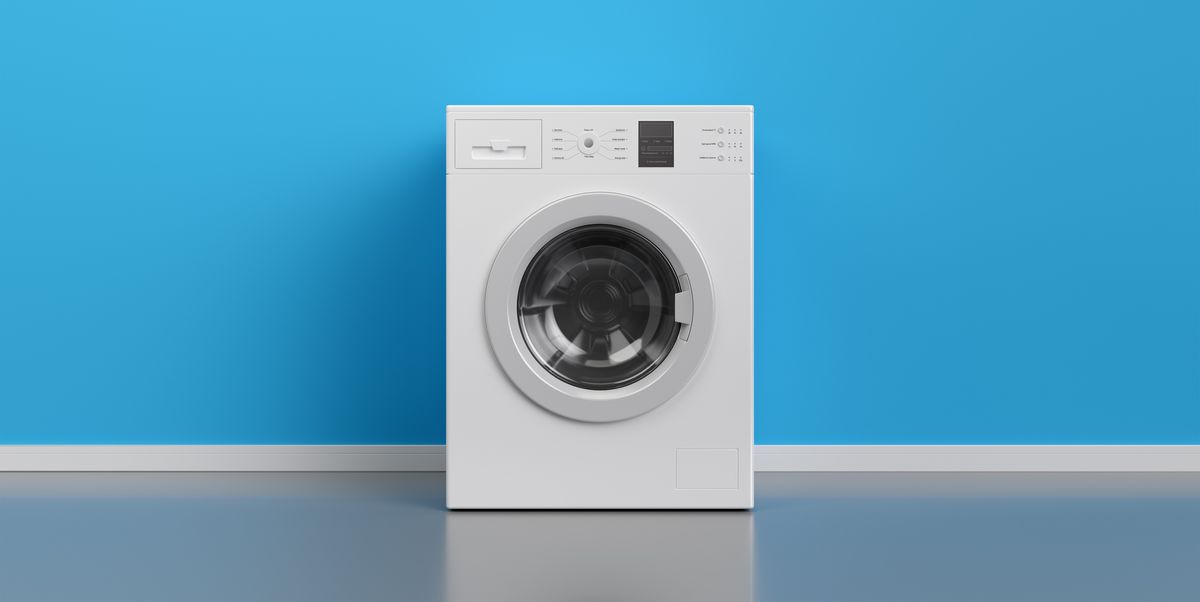
A washing machine is a remarkable appliance. You add your dirty washing to it, and you extract the clean (and sweet-smelling) laundry after the wash cycle. The washing machine has revolutionized the way we do our washing and has reduced handwashing of most laundry items. One of the earliest revolutions was the Sanyo washing machine.
Clearly, the appliance undertakes a lot of work and is one of the most commonly used. Like every other appliance, however, your washing machine is also prone to wear and tear.
Additionally, you too may be unmindfully contributing to the wear and tear of your washing machine.
Things That You Shouldn’t Put In A Washing Machine
Would it not be amazing, if you could load all your clothes in your washer at once? Or perhaps you would want to be able to add every type of washable item to you washing? Though the ability to do both sounds inviting, you may end up causing irreparable damage to the machine.
Let us look at how your washing machine is unmindfully put at risk by you and their respective solutions.
- Clothes with wires
Hooks and underwires are a staple in most brassieres. A machine washing such a delicate item of clothing could work the shape of the underwire out. Furthermore, your bra runs the risk of getting stretched out. Padded bras can get uncomfortably lumpy.
Additionally, if the hook gets unfastened, it could latch onto other clothes and cause snags or tears in them. Consequently, the hooks and wires could get caught in the drum and cause complications for your appliance.
Solution: Do not put your bra, and other items with wires and/or hooks for a machine wash. In case you are pressed for time and must machine wash your brassieres, keep your lingerie in a lingerie bag. The bag will protect the rest of your washing from rips and tears due to hooks and wires.
Choose the gentlest wash settings on your machine for washing your delicates.
- Coins
Metal objects like coins, wires, keys and zippers cause immense damage to the drum of the washing machine. They can hit against the door of your washing machine causing nicks and scratches. In rare cases, they could also lead to the explosion of the panel in front-load machines.
Solution: Nobody in their right mind would purposefully leave coins in their washing. Turn your pockets inside out before tossing your clothes inside the washer.
- Too much detergent
A rookie mistake is pouring too much detergent or washing fluid in the washing machine. This will not only damage your appliance but also leave your washing soapy and soggy. All these unwanted residues will induce yet another rinse cycle, and that would mean wastage of water and power.
Consequently, such repetitive errors will induce a build-up of fungus in your appliance which would necessitate extra cleaning.
Solution: Be aware of the detergent requirement of the fabric you are washing. More importantly, read-up on the instruction manual of the washing machine to be aware of its detergent requirements.
Remember, excess soap does not imply cleaner clothes.
- Overloading
Yet another common problem is putting in more washing than you should. Your washing machine is tough, but there is just so much that you can wring out of it. Avoid putting in excessive clothes.
Overloading could put unnecessary pressure on the drum, and your clothes might not get washed properly either.
Solution: Do not put more than the appropriate weight of washing. Understand your washing machine and know your washing requirements. One of the fundamentals for purchasing a washing machine is the amount of laundry that your household generates.
If you feel like you require a washing machine with a heavier load-bearing capacity, get one. Else, divide up your laundry into appropriate weights and get them done in separate cycles.
- Wet clothes
The load-bearing capacity of any washing machine is measured for dry washing. Wet clothes are significantly heavier than when they are dry and must never be put in the washer.
Additionally, after the washing cycle is complete, you should not leave the wet clothes for too long. The moisture from the wet clothes will make the inside of your machine moldy and stuffy. Moreover, your clothes will get wrinkled and foul-smelling.
Solution: Be vigilant about the end-of-cycle signal. Extract the wet clothes from the washing machine before they set and remember to not put in wet clothes. This will lead to a stench-free loading drum, and your clothes will be free of washer mold.
- Zippers
Zippers are a common element in most of our clothing—especially workwear. Denim jackets and jeans also have zippers and buttons.
During a wash cycle, with the clothes spinning with such ferocious momentum, undone zippers can snag your delicates, or get caught in the washer. Furthermore, the undone zipper could hit against the panel of your front-loading washing machine, causing it to crack or explode.
Solution: Ensure that you pull up the zipper of your clothing before you put it in the washer. Another handy trick is to turn your articles of clothing inside-out before putting them inside the washer.
Conclusion
A washing machine is a detailed piece of hardware. If you are unable to take good care of it, it will get damaged and will need frequent repairs. Since a washing machine is a long-term investment, you should always get it checked by professionals.
Visit https://sgwashingmachinerepairs.sg/ and book a free consultation with SG Washing Machine Repairs for a guaranteed fuss-free service.
Moreover, be aware of water leaks, strange noises, unattached pipes, overheating, and a hoard of other issues that can potentially kill the lifespan of the washing machine.
